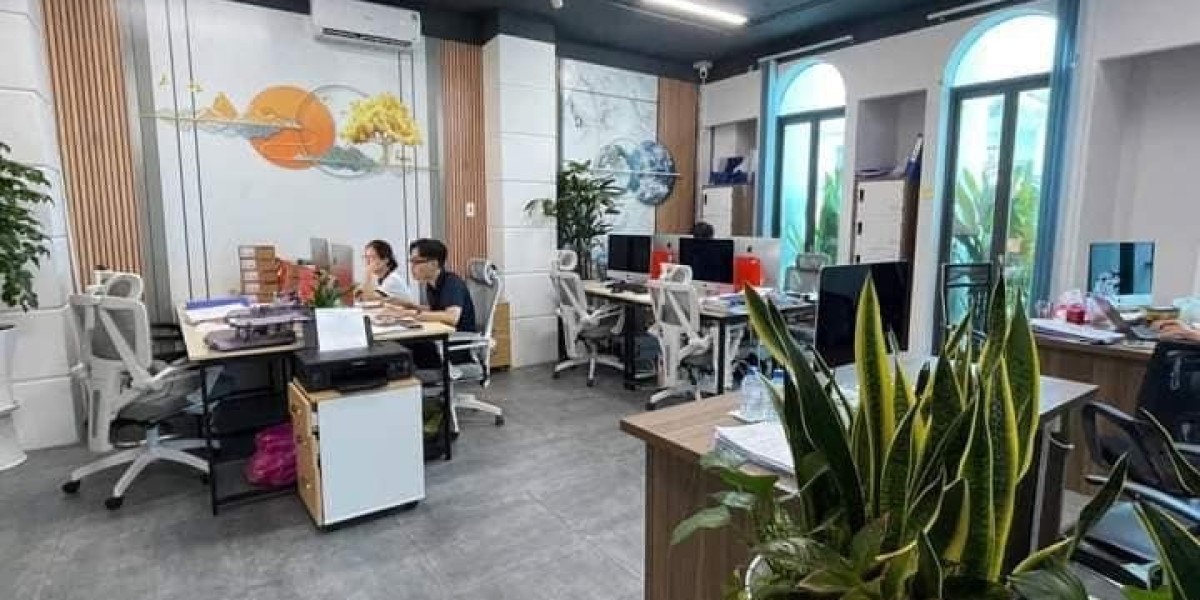Importing a vehicle from Japan has become increasingly popular, offering access to a diverse range of high-quality, often unique models not readily available in other markets. However, navigating the complexities of international transactions, especially when dealing with a car dealer in Japan, requires careful planning and execution. A crucial stage in this process is the negotiation and agreement phase. This article provides a comprehensive guide to mastering the art of negotiation and finalizing a sound purchase agreement with a car dealer in Japan, ensuring a smooth and successful import experience.
Understanding the Japanese Business Etiquette
Before delving into specific negotiation tactics, it's vital to understand the cultural nuances of Japanese business etiquette. This understanding can significantly impact the success of your negotiations. Key aspects to consider include:
- Harmony (Wa): Maintaining harmony and avoiding conflict are paramount in Japanese business interactions. Direct confrontation is generally frowned upon.
- Respect (Keigo): Showing respect through polite language, proper etiquette, and deference to seniority is essential.
- Trust (Shin'yō): Building trust is crucial for establishing a successful business relationship. This often involves demonstrating sincerity and long-term commitment.
- Indirect Communication (Enryo): Japanese communication can be subtle and indirect. Pay attention to nonverbal cues, context, and implied meanings.
- Patience (Nintai): Negotiations may proceed at a slower pace than in some Western cultures. Patience is key to achieving a positive outcome.
Preparation: The Foundation of Successful Negotiation
Thorough preparation is the cornerstone of effective negotiation. Before contacting a car dealer in Japan, invest time in the following:
- Market Research: Conduct thorough research on the market value of the specific vehicle you desire. Compare prices from various sources, including online platforms, auction results, and other car dealers in Japan.
- Budget Allocation: Establish a realistic budget that encompasses all associated costs, including the vehicle's purchase price, shipping fees, import duties, insurance, registration fees, and any potential unforeseen expenses.
- Defining Your Needs: Clearly define your requirements for the vehicle, including the desired make, model, year, mileage, condition, specific features, and any modifications.
- Dealer Research: Research the reputation, experience, and specialization of potential car dealers in Japan. Look for online reviews, testimonials, and industry affiliations.
- Question Preparation: Prepare a comprehensive list of questions to ask the dealer regarding the vehicle's history, maintenance records, condition reports, export documentation, and warranty options.
Negotiation Strategies and Techniques
Once you have identified a suitable car dealer in Japan and located a vehicle of interest, you can initiate the negotiation process. Consider the following strategies:
- Polite Introduction and Relationship Building: Begin the conversation with a polite introduction and express genuine interest in the vehicle and the dealer's business. Building rapport can facilitate a smoother negotiation.
- Detailed Inquiries: Ask detailed questions about the vehicle's history, condition, and any potential issues. This demonstrates your seriousness and attention to detail.
- Value-Oriented Approach: Focus on the overall value proposition, considering the vehicle's condition, features, mileage, and the dealer's reputation and services.
- Strategic Pricing: Avoid making unreasonably low offers, as this can be perceived as disrespectful and hinder the negotiation. Instead, propose a fair offer based on your research and budget, leaving room for negotiation.
- Negotiating the Total Cost: Focus on negotiating the total cost of ownership, including shipping, insurance, and other associated fees. This allows you to identify potential hidden costs and negotiate a more favorable overall deal.
- Willingness to Walk Away: Having a predetermined walk-away point empowers you during the negotiation. If the dealer is unwilling to meet your reasonable expectations, be prepared to explore alternative options.
- Patience and Respect: Maintain patience and respect throughout the negotiation process. Avoid aggressive or confrontational behavior, which can be counterproductive in Japanese business culture.
- Consider Professional Assistance: If you feel uncomfortable negotiating directly or lack experience in international transactions, consider engaging a professional negotiator or import agent specializing in Japanese vehicles.
Finalizing the Purchase Agreement: A Critical Step
Once you have reached a verbal agreement on the price and terms, it's crucial to formalize the agreement in a comprehensive written contract. This document should clearly outline all aspects of the transaction, protecting both parties' interests. Essential elements to include are:
- Vehicle Specifications: Clearly specify the vehicle's make, model, year, chassis number (VIN), mileage, color, and any other relevant details.
- Agreed-Upon Price and Payment Terms: Clearly state the agreed-upon price, the currency of the transaction, the payment method (e.g., bank transfer, letter of credit), and the payment schedule.
- Shipping and Delivery Terms: Define the shipping method (e.g., Ro-Ro, container), the port of departure and arrival, the estimated shipping time, and the responsibilities for shipping costs and insurance.






